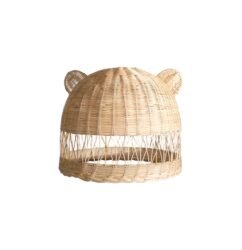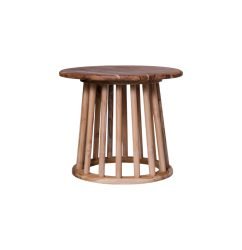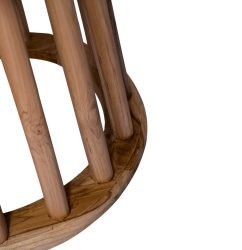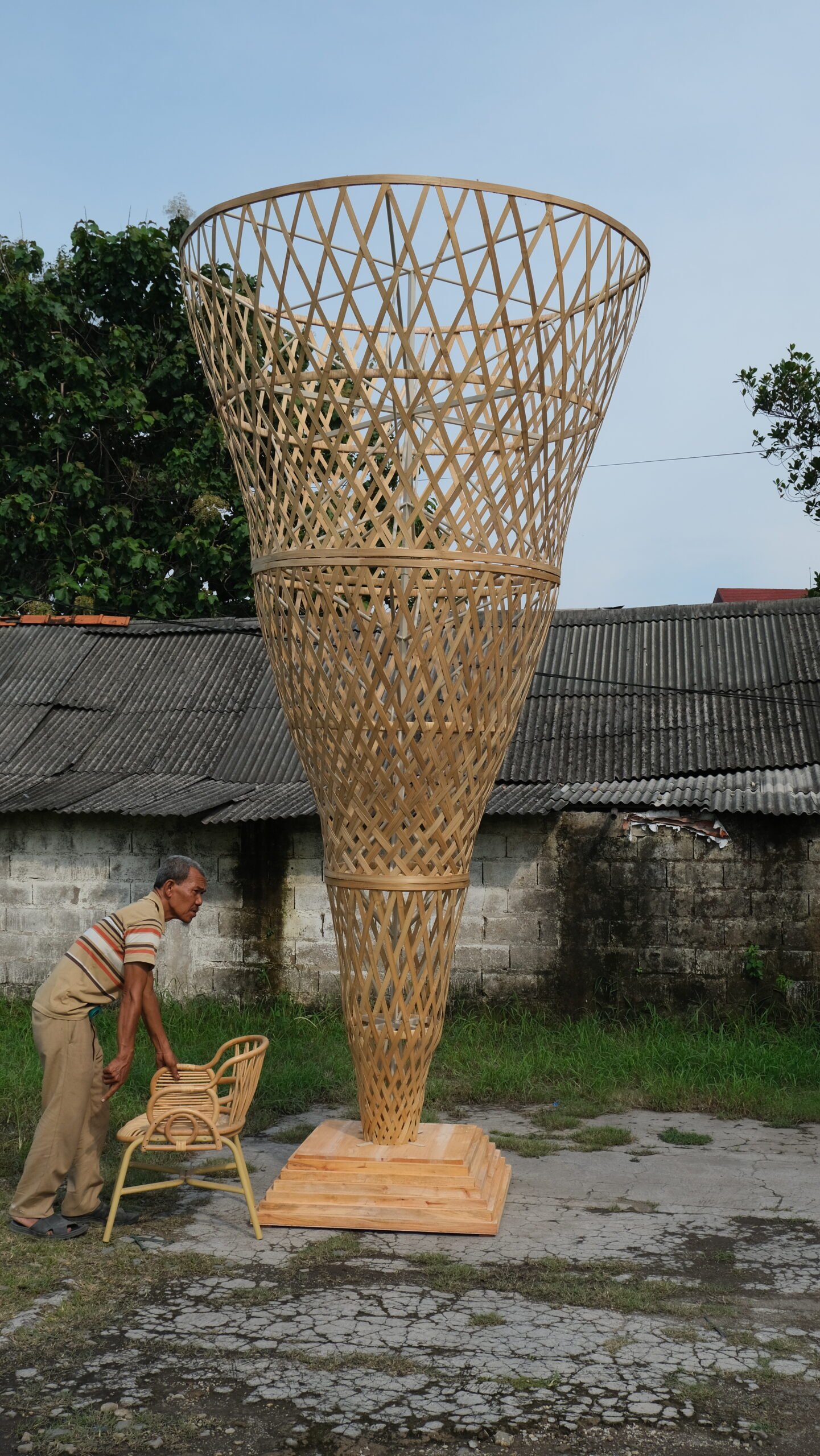The world of rattan furniture is built on a legacy of skill, patience, and artistry passed down through generations. Behind every beautifully woven rattan chair or handcrafted rattan table lies the dedication of family-owned manufacturers who have nurtured this heritage for decades. These inspiring stories of generational rattan manufacturers prove that tradition and innovation can go hand in hand, creating sustainable businesses that stand the test of time.
The Power of Generational Craftsmanship
Many successful rattan furniture manufacturers are family-run enterprises, where weaving techniques and quality standards are handed down from parents to children. These families treat rattan weaving not merely as a business, but as an art form that deserves to be preserved. Their knowledge, refined over the years, ensures each product carries a piece of cultural history.
For example, in Indonesia — one of the global centers of rattan production — families in rural villages have been weaving rattan for generations. Their skills continue to support not only their livelihoods but also the global demand for high-quality rattan furniture.
Combining Tradition with Modern Design
One reason generational rattan manufacturers continue to thrive is their ability to adapt. Younger generations often introduce fresh ideas and modern designs to complement the traditional weaving techniques of their elders. This combination of heritage and contemporary style gives their products a unique competitive advantage in today’s market, appealing to both local and international buyers.
A great example is how some manufacturers now use eco-friendly water-based finishes and innovative weaving patterns while still applying the same techniques their grandparents taught them.
Commitment to Sustainability
Generational rattan businesses are also known for their deep respect for the environment. Since rattan is a renewable material, these family-run manufacturers prioritize sustainable harvesting and fair-trade practices, protecting forests for future generations. Their commitment to ethical production adds tremendous value to their brands and resonates with eco-conscious customers worldwide.
Facing Modern Challenges
Despite their rich heritage, generational rattan manufacturers are not immune to challenges. They face competition from mass-produced synthetic furniture, shifting market trends, and global economic pressures. However, by leveraging their unique stories and authentic craftsmanship, they continue to stand out. Many now use digital marketing and online platforms to reach global buyers, ensuring their legacy endures in the modern era.
Conclusion
The inspiring stories of generational rattan manufacturers highlight the power of family values, cultural heritage, and resilience. Their dedication to quality, sustainability, and innovation offers valuable lessons for any business today. As these family-owned rattan manufacturers continue to adapt and grow, they ensure that the art of rattan weaving will live on for generations to come.





